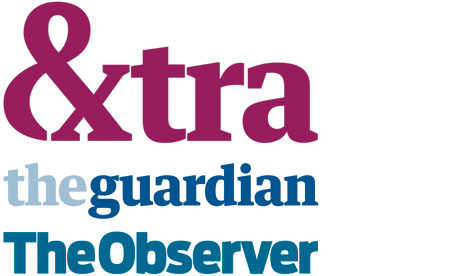The Sunday Sun: why it shows that the future of newspapers is more about paper than it is about news
The new Sun on Sunday has come under a lot of flack. It has been criticised for the lack of investigative news reporting its deceased sibling, the News of the World, featured (albeit what the NOTW investigated and how they did this was open to question). People are saying it is more like a magazine than a newspaper. I think this criticism is misplaced. The Sun on Sunday is an illustration of the future of newspapers: i.e. the separation of news from the distribution mechanism that is newsprint (in line with fundamental trend inherent in the social media revolution, which is the separation of content from its means of distribution).
All newspapers face a fundamental and painful choice: they either stick with the news (content) which means they will have to separate themselves from the distribution mechanism of newsprint, or else they stick with printed paper and change the content to that which is better adapted to work in this distribution medium. And magazine type content is better adapted to print than is news. The problem for the Sunday Sun is that magazines are better adapted to be …err… magazines, than tabloid newsprint.

 The Guardian has made an entry into the paid-for content space. Called
The Guardian has made an entry into the paid-for content space. Called